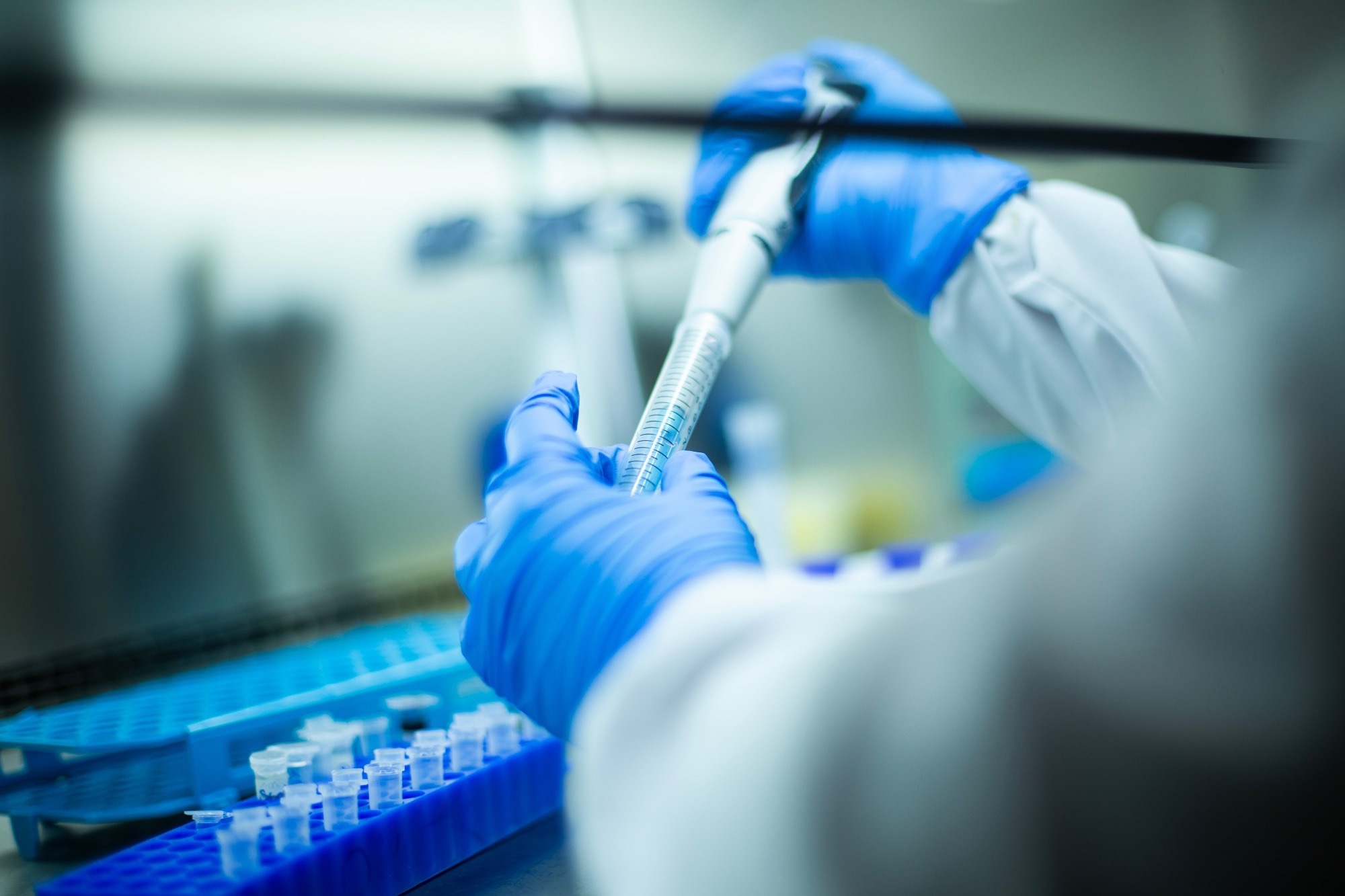iPSC-derived cell models are a widely used tool that enables scientists to generate various cell types, organoids, and tissues. They are also instrumental in creating disease-specific phenotypes using CRISPR gene editing, particularly for identifying new drug targets from patient-derived samples. However, these processes are often constrained by labor-intensive and technically demanding culturing steps.

Image Credit: emiridikut/Shutterstock.com
To address these challenges, Molecular Devices has developed the CellXpress.ai™ Automated Cell Culture System. This advanced solution fully automates the cell culture process, integrating an incubator, liquid handler, and AI-driven, image-based decision-making.
The hands-off system manages complex feeding and passaging schedules by continuously monitoring cell development through periodic imaging and analysis. Machine learning can be used to trigger passaging, endpoint assays, or troubleshooting actions as needed; enabling complete automation of the process. This standardises the process, reduces the potential for human error or variability between operators, and enables the creation of complex cell models to be scaled up.
The study outlined in this article presents results from the automation of commonly used iPSC culture protocols, including both cluster and single-cell passaging.
Download the full app note
Acknowledgments
Produced from material originally authored by Oksana Sirenko, Emilie Keidel, Astrid Michlmayr, Marco Lindner, Angeline Lim and Felix Spira from Molecular Devices.
About Molecular Devices UK Ltd 
Molecular Devices is one of the world’s leading providers of high-performance life science technology. We make advanced scientific discovery possible for academia, pharma, and biotech customers with platforms for high-throughput screening, genomic and cellular analysis, colony selection and microplate detection. From cancer to COVID-19, we've contributed to scientific breakthroughs described in over 230,000 peer-reviewed publications.
Over 160,000 of our innovative solutions are incorporated into laboratories worldwide, enabling scientists to improve productivity and effectiveness – ultimately accelerating research and the development of new therapeutics. Molecular Devices is headquartered in Silicon Valley, Calif., with best-in-class teams around the globe. Over 1,000 associates are guided by our diverse leadership team and female president that prioritize a culture of collaboration, engagement, diversity, and inclusion.
To learn more about how Molecular Devices helps fast-track scientific discovery, visit www.moleculardevices.com.
Sponsored Content Policy: News-Medical.net publishes articles and related content that may be derived from sources where we have existing commercial relationships, provided such content adds value to the core editorial ethos of News-Medical.Net which is to educate and inform site visitors interested in medical research, science, medical devices and treatments.